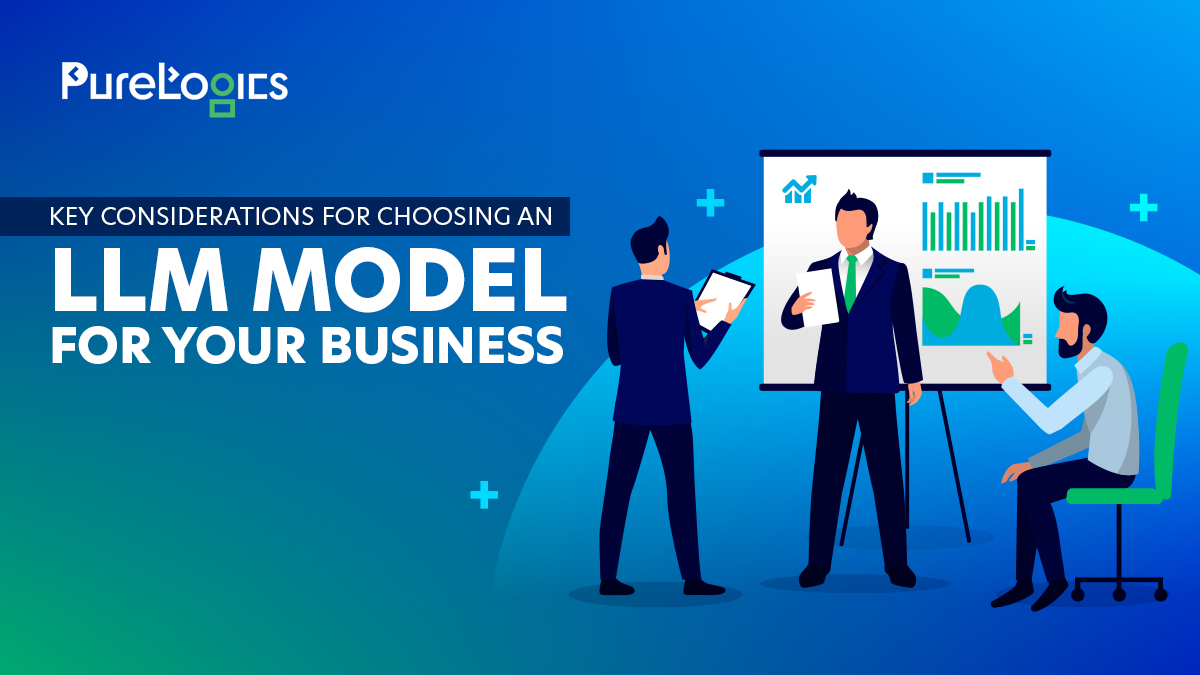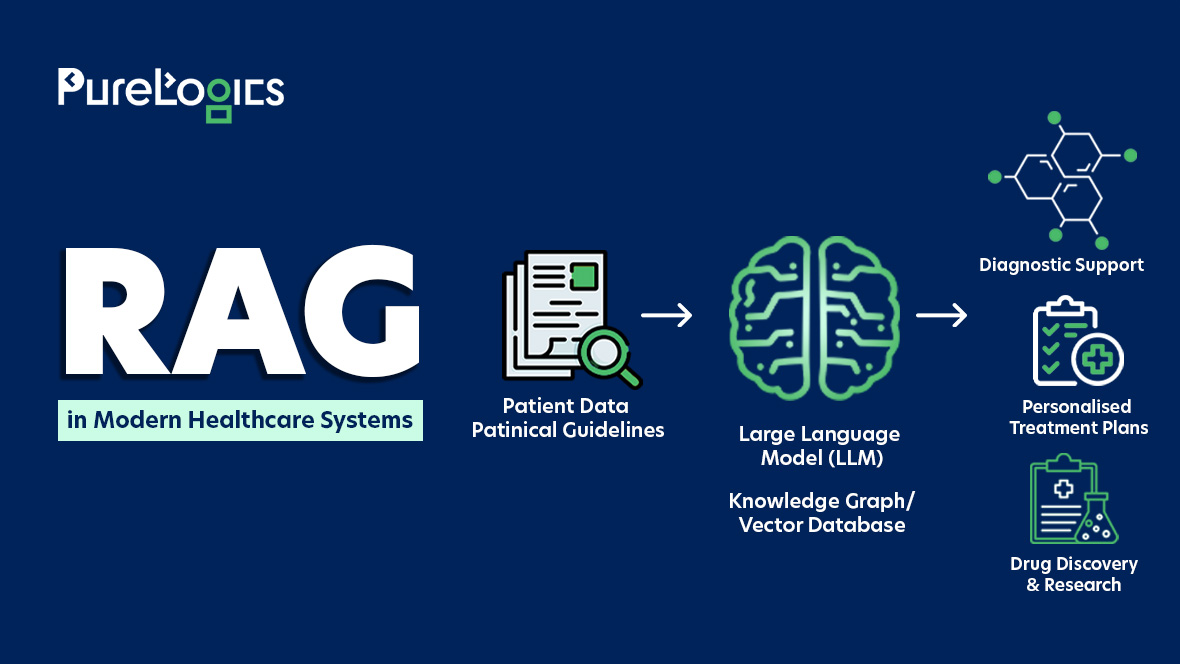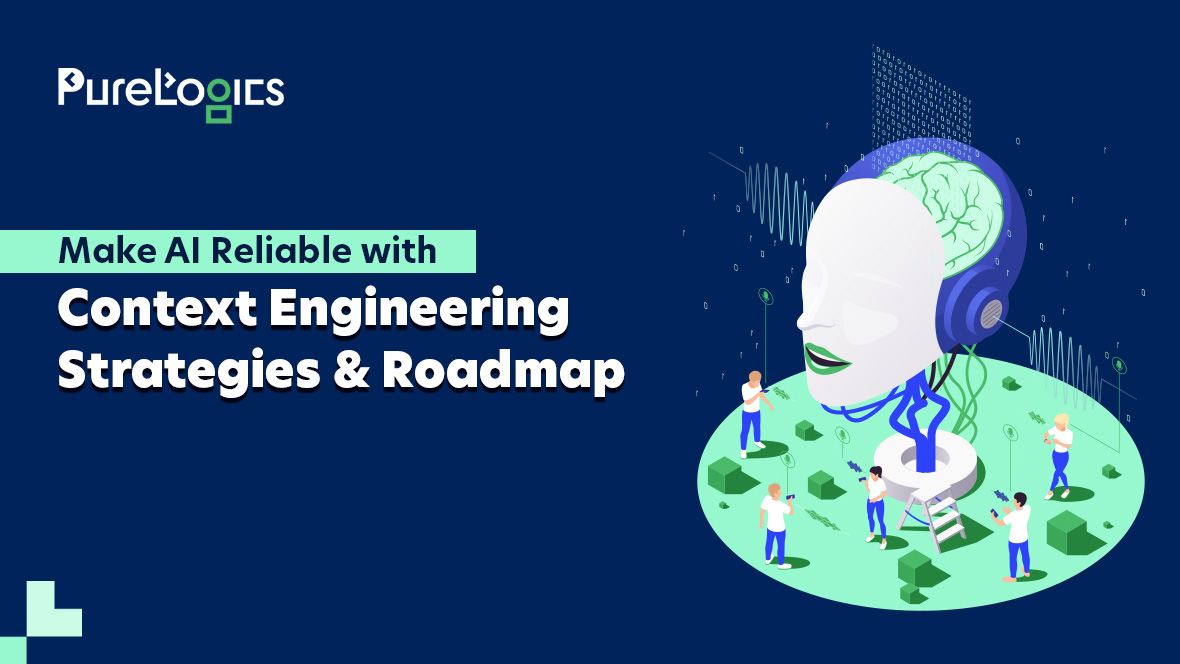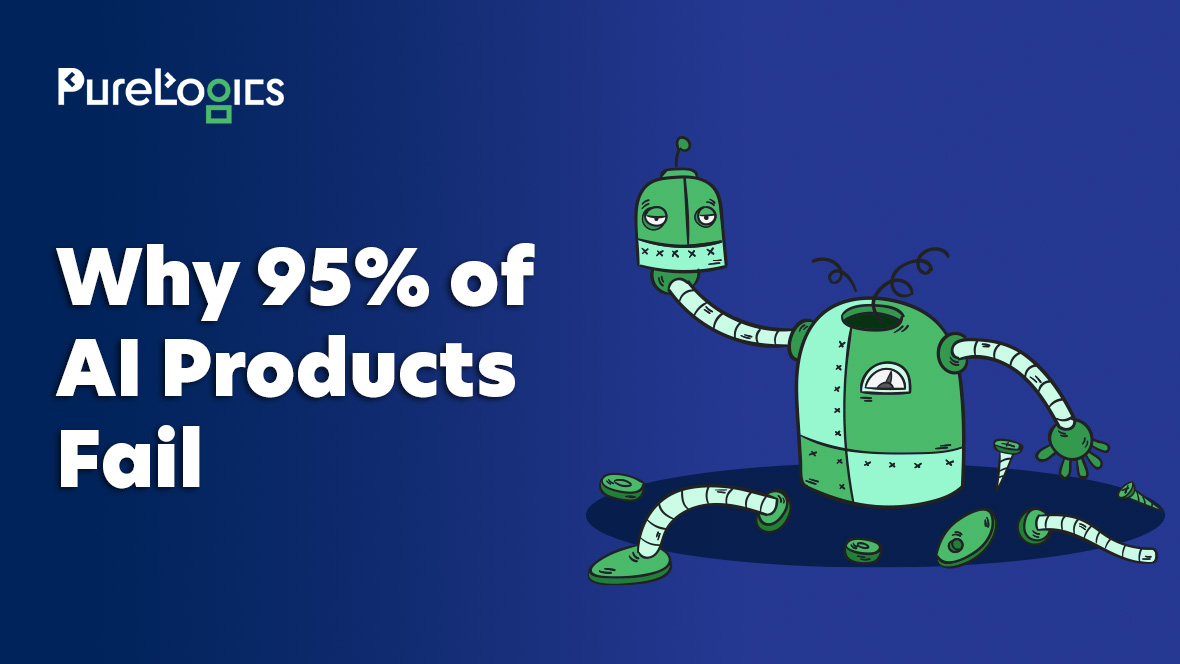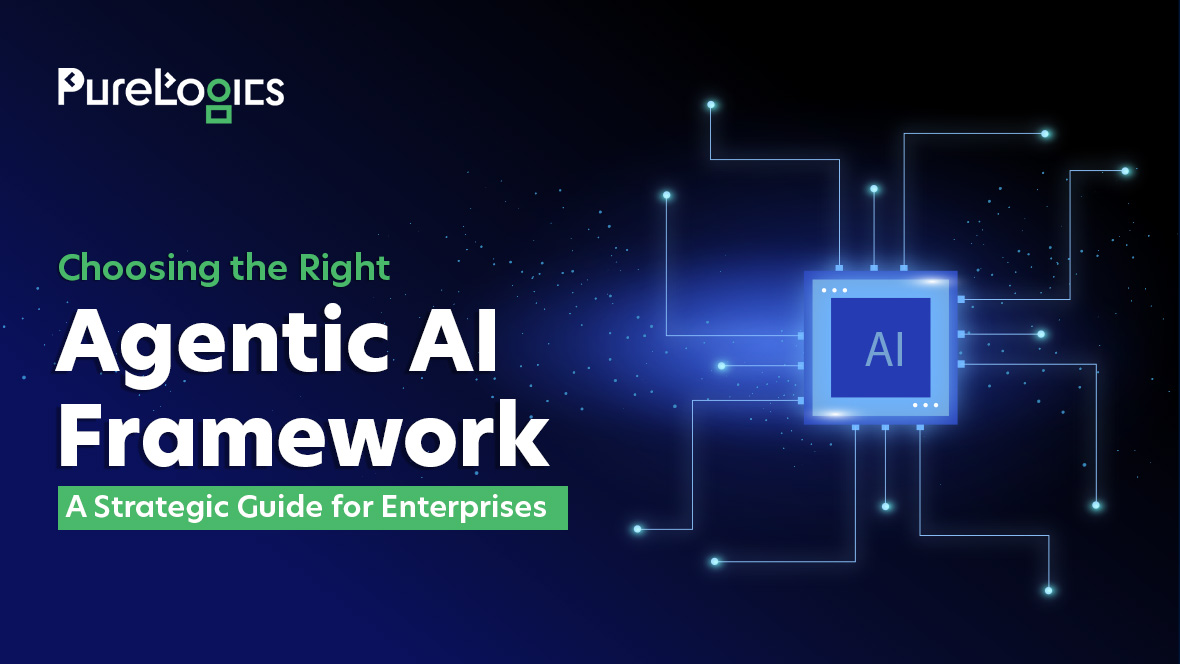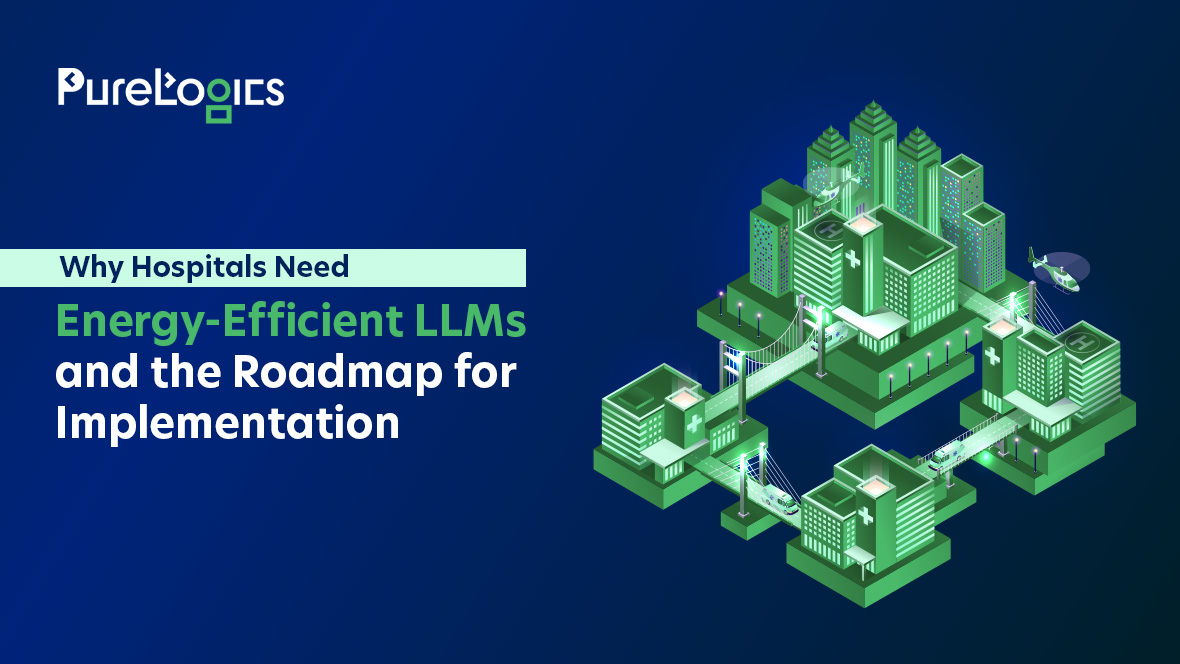With technological advancement, Large Language Models (LLMs) have gained popularity as powerful tools for businesses looking to use the potential of artificial intelligence (AI) in NLP tasks.
LLMs have empowered multiple industries, from creating human-like texts to powering virtual assistants and chatbots. Nevertheless, choosing the right model for your organization can be challenging with the variety of LLMs available. Let’s demystify the procedure here and help you understand LLMs better so you can make informed decisions.
Unsure which LLM model best suits your business?
Optimize your AI strategy with our expert AI services.
Impact of LLM on Businesses
The influence of Large Language Models on enterprises is profound, addressing numerous aspects of operations, competitiveness, and innovation. These points can tell how LLMs are transforming businesses across multiple sectors:
Data-driven Evaluation
Large Language Models provide unparalleled access to all the insights gathered from text data to organizations. By analyzing reports, documents, market trends, and customer feedback, LLMs can offer valuable intelligence to support decision-making processes. Whether it’s identifying risks, improving business strategies, or predicting market trends, LLMs enable analytics-driven decision-making that’s both agile and informed.
Unique Product Development
Large Language Models stimulate innovation by offering ideation, experimentation, and prototyping. Enterprises can use LLMs to generate unique ideas, iterate product designs, and explore concepts more efficiently. Furthermore, LLMs can help you do quality market research, trend forecasting, and competitive analysis, allowing companies to stay ahead of the market and promote innovation in their respective markets.
Customized Customer Experiences
With the competency to generate and understand human-like text, LLMs encourage businesses to provide customized customer experiences at large. Whether through conversation chatbots, personalized marketing content, or product recommendations, LLMs allow organizations to engage with target audiences more directly and meaningfully. This tailored approach fosters increased satisfaction, strengthens customer relationships and drives retention and loyalty.
Refined Operational Intelligence
By interpreting and processing a large amount of textual data, LLMs offer deeper insights into an organization’s performance metrics and operations. Whether it’s supervising supply chain dynamics, identifying anomalies within financial transactions, or analyzing customer feedback, LLMs allow companies to optimize operations and gain actionable insights for greater effectiveness and efficiency.
Improved Risk Management & Compliance
LLMs play an important part in risk management and compliance in markets with rigorous regulatory needs, such as healthcare, legal services, and finance. By assessing legal documents, compliance guidelines, and regulatory filings, LLMs can help avoid potential liabilities, mitigate risks and adhere to regulations. In addition, LLMs can help detect suspicious tasks and, track records and improve cybersecurity measures.
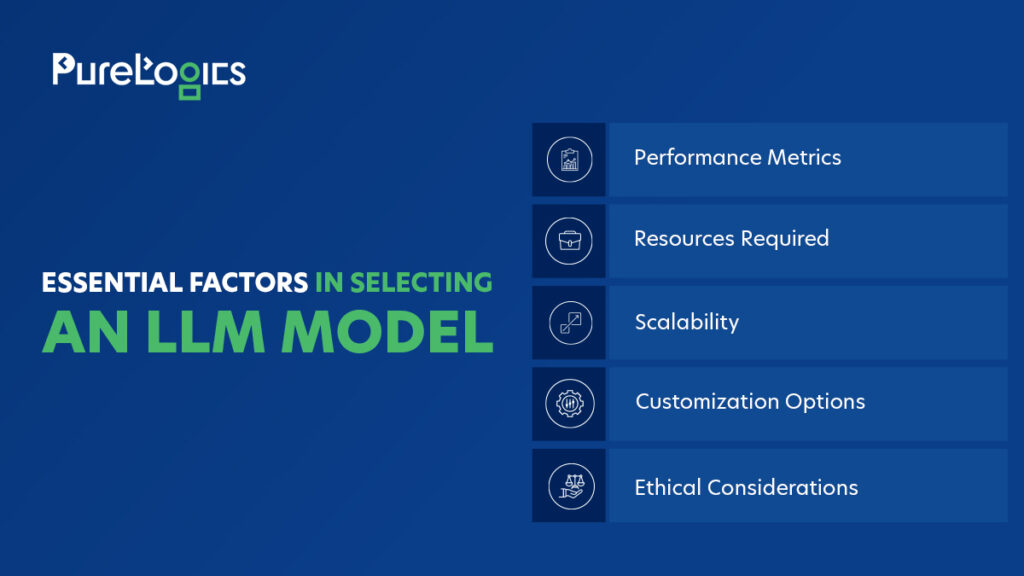
Selecting the ideal LLM model for your business demands careful consideration of numerous factors to ensure consistency with your unique objectives and requirements, including:
Performance Metrics
Fluency: Evaluate the coherence and smoothness of the generated text.
Coherence: Establish consistency and logical flow of the created content.
Accuracy: Assess the model’s capability to generate contextual, relevant and accurate responses.
Resources Required
Training Data: Review the quality and quantity of data required to improve the model competently.
Computational Resources: Settle the infrastructure and hardware needs for deploying and sustaining the LLM.
Scalability
Workload Management: Review the model’s scalability to adapt varying data volumes and workloads.
Future Growth: Predict future scalability requirements to ensure flexibility and long-term viability.
Customization Options
Domain Adaptation: Discover the model’s capability for refining domain-targeted data to enhance performance.
Configurability: Contemplate the level of personalization the model provides to customize it to your business’s unique needs.
Ethical Considerations
Misinformation: Protection against the propagation of harmful content or misinformation by implementing moderation and safeguard mechanisms.
Bias Mitigation: Always ensure the LLM follows ethical guidelines and applies measures to mitigate biases within model outputs and training data.
Top LLM Models Currently Trending
Multiple LLMs have obtained prominence in artificial intelligence, ease with their capabilities, use cases, and strengths. Some of the globally recognized LLMs are:
GPT by OpenAI
Generative Pre-trained Transformers are known for their remarkable performance in generating contextually relevant and coherent text across various applications.
Turing-NLG by Microsoft
Created to imitate human-like text creation, Turing-NLG dominate in generating contextually rich and fluent responses, making the tool appropriate for conversation artificial intelligence-based applications.
T5 by Google
Differentiated by its text-to-text methodology, where input and output are demonstrated as text, enabling flexible and versatile usage among various NLP tasks.
BERT
Esteemed for its ability to get state-of-the-art outcomes and seize bidirectional context in multiple NLP tasks, such as language understanding and text classification.
Conclusion
Selecting the perfect LLM model for your business is a strategic decision that can profoundly affect your ability to leverage AI’s potential within Natural Language Processing processes. By truly understanding the main considerations, following top practices, and analyzing popular models for integration and implementation, you can discover various opportunities for efficiency, growth, and innovation.
In conclusion, careful evaluation, strategic planning, and thorough research are vital in deploying and choosing an LLM model that corresponds with your company’s objectives and goals. If you’re struggling with the selection process, we’re here to help.
PureLogics has 20+ years of experience+ years of experience in offering top-notch artificial intelligence services. Our expert engineers have all the relevant skills to transform your business by building an automated LLM/generative model based on your unique requirements. Get in touch with us now!


 [tta_listen_btn]
[tta_listen_btn]
 August 28 2024
August 28 2024

